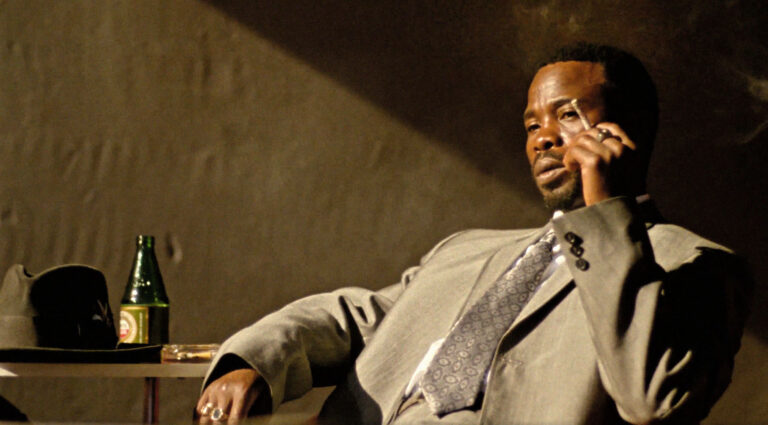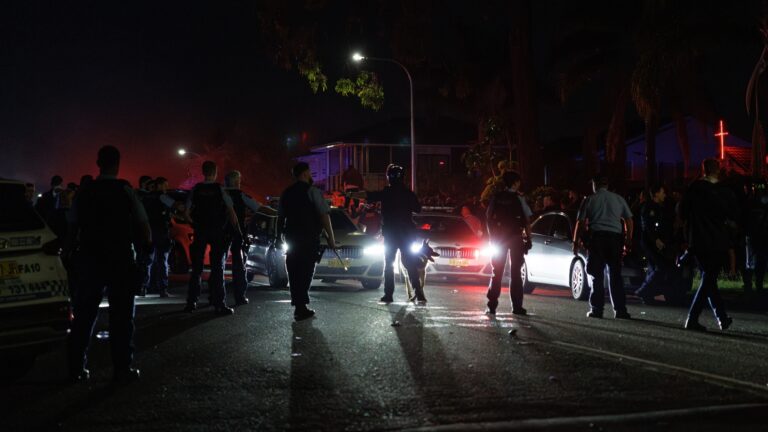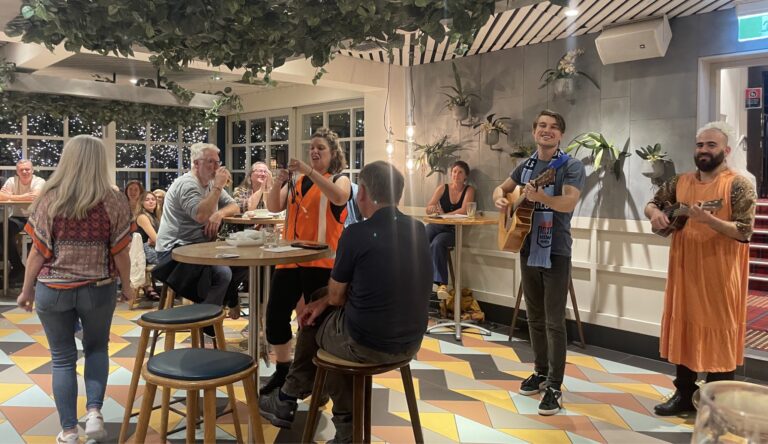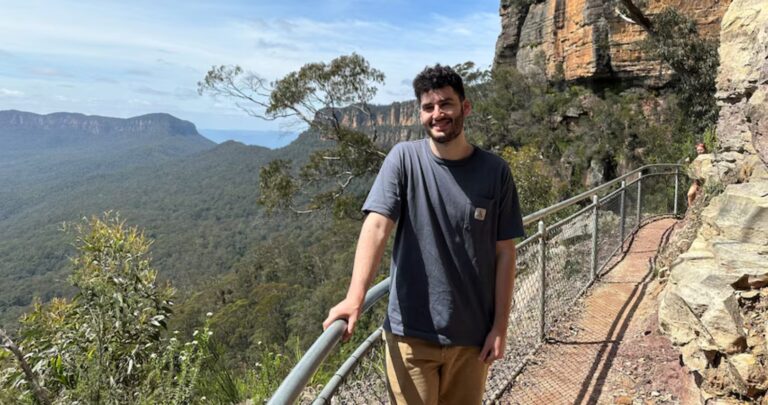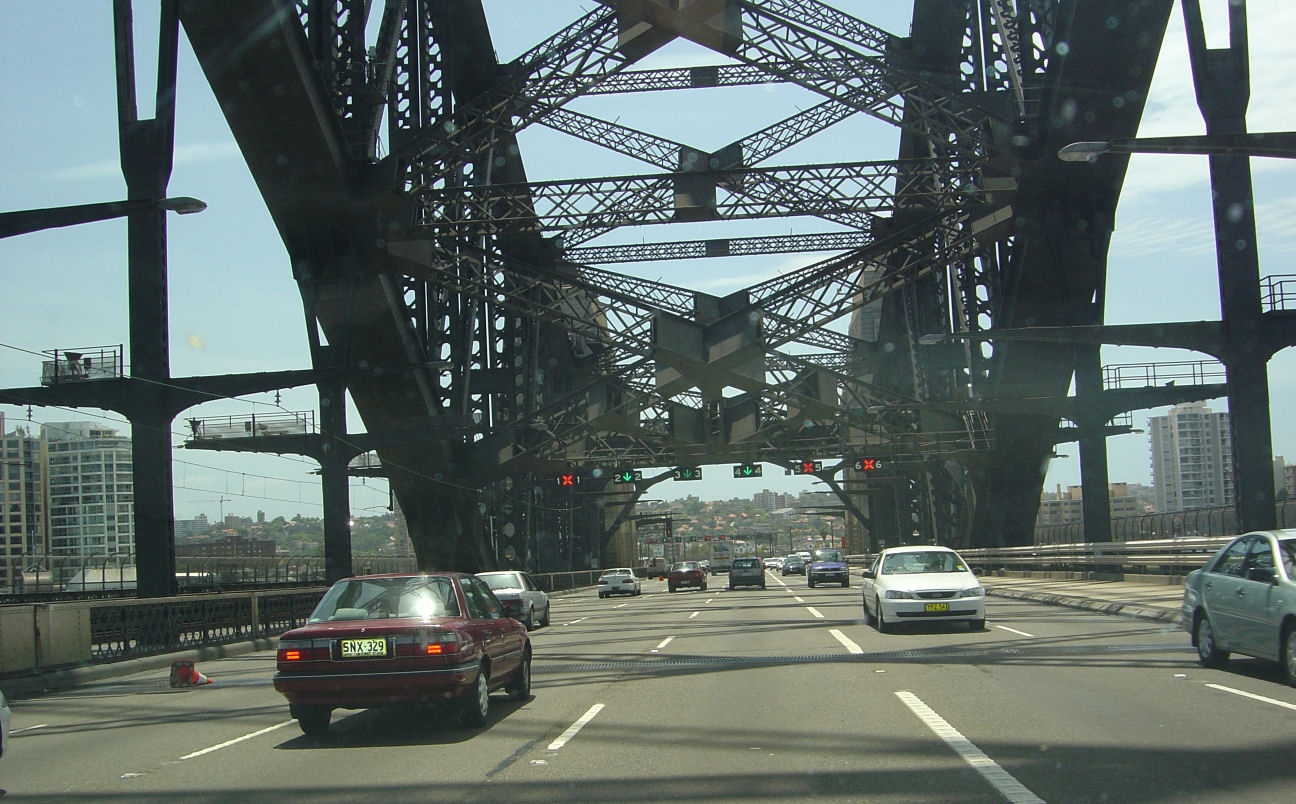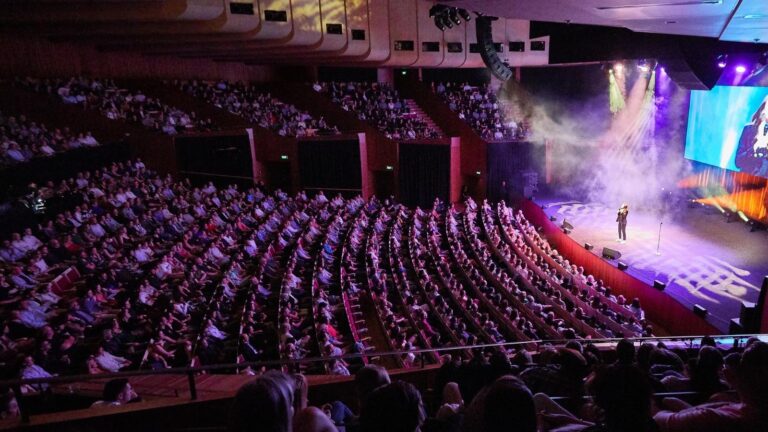
Assange – Sweden drops rape allegations

BY ALEC SMART
Swedish authorities announced on Nov 20 they will discontinue their investigations into a rape allegation levelled at WikiLeaks founder Julian Assange, which dates back to 2010, the third time they’ve been dropped.
Sweden’s Deputy Chief Prosecutor Eva-Marie Persson declared: “After conducting a comprehensive assessment of what has emerged during the course of the preliminary investigation, I then make the assessment that the evidence is not strong enough to form the basis for filing an indictment.”
Sweden dropped the preliminary investigation in 2017 while Assange was taking refuge in the Ecuadorian Embassy in London. Assange sought sanctuary in the embassy in Aug 2012 and was granted political asylum by Ecuador’s then-president, Raffael Correa. However, on 28 March 2019, new president Lenin Moreno revoked Assange’s citizenship after Ecuador entered a new military alliance with the USA.
48-year-old Assange, who denies all charges, is currently serving a 50-week sentence in London’s Belmarsh Prison for breaching bail conditions. The Australian journalist is awaiting a February 2020 hearing for extradition to the USA for publishing classified documents, some revealing the USA’s participation in war crimes. This includes the infamous ‘Collateral Murder’ film footage from 12 July 2007, showing helicopter gunsight footage of laughing, joking helicopter crews engaged in a ‘turkey-shoot’ of fleeing civilians in Baghdad.
If deported, Assange faces decades in prison for obtaining and disclosing thousands of secret political and military documents, deemed as offences under the US Espionage Act.
Assange maintains the rape allegations stem from consensual sex, and that the two women at the centre of them were manipulated by Swedish authorities to concoct them in order to keep him in Sweden, where it would be easier to extradite or rendition him to the USA.
================
The allegations:
In early 2010, Wikileaks released nearly 750,000 classified and sensitive diplomatic and military documents, many of which, such as reports and videos documenting the USA’s military presence in Afghanistan and Iraq and the subsequent deaths of thousands of civilians, were highly embarrassing to the USA.
On 11 August 2010, a few months after Wikileaks gained international notoriety by publishing the documents – leaked by US Army intelligence analyst Private Bradley Manning (now a trans woman known as Chelsea Manning) – its founder, Julian Assange, visited Stockholm, Sweden, to meet with a political group, Swedish Pirate Party, who were hosting some of WikiLeaks’ internet servers.
Assange stayed in safe houses because the two original premises that were organised, one with a journalist, the other with a politician, were compromised and his safety no longer guaranteed.
A 31-year-old Swedish woman, Anna Ardin, initially referred to as Miss A, who set up Assange’s visit, hosted him in her Stockholm apartment. During his stay, the two engaged in sexual relations. Ardin claimed Asange initially began stroking her leg, then removed her clothes, although he clumsily broke her necklace in the process. She claimed she at first tried to put her clothes back on but then allowed Assange to continue undressing her, because, as she later told Swedish Police, “it was too late to stop Assange as she had gone along with it so far.”
They then engaged in penetrative sex; Ardin asked Assange to use a condom, which he complied, although she claims he had “done something” with the condom so that it ripped whilst they were in action.
Assange agreed that they had consensual sex although he denied that he deliberately tore the condom.
Ardin’s details of their erotic exchange raised several questions. These include:
(a) Did Assange deliberately sabotage a condom to avoid using it?
(b) Were Ardin’s accusations of Assange’s impropriety motivated by jealousy on finding out he also had sexual relations with another woman while staying with her in Stockholm?
(c) Why did Ardin allow Assange to continue staying in her home if, as she later claimed, he initially imposed himself on her?
(d) Was Ardin was part of a ‘honeytrap’, pre-planned with USA intelligence services, to enable Swedish authorities to pursue criminal charges against Assange that were serious enough to prevent him leaving Sweden.
[This latter accusation is highly unlikely.]
Whilst in Sweden, Assange engaged with another woman whom he also slept with, a 26-year-old living in Enköping known as SW. They met at a seminar organised by Ardin and afterwards they went to her apartment and had sexual intercourse several times.
SW later told police Assange did not want to use a condom, so they stopped intimacy and fell asleep, although later that night, SW claimed they woke up and had consensual sex, during which she said Assange used a condom, albeit “unwillingly”.
In the morning, SW claims she awoke to find Assange penetrating her without a condom. However, she has since admitted she was ‘half asleep’ while this took place. The difference between being asleep and half asleep is significant – the former constitutes rape under Swedish law.
STD test wanted
Later, Ardin and SW spoke to one another and upon realising they’d both had sexual relations with Assange while he was in Sweden, SW decided to seek advice on whether they could compel him to take a test for any sexually transmitted diseases (STD) like HIV. They went to Stockholm Police who informed them they could not simply demand Assange take an STD test, but that their statements would be passed to a prosecutor.
Within hours of the two women approaching Stockholm Police, the police opened an allegation into the rape of Ardin, although there was no allegation in her testimony to anything beyond consensual sex.
Swedish prosecutors then leaked to Expressen, the country’s largest newspaper, that there was a warrant for Assange’s arrest for the “rape of two women”, which the Swedish government prosecutor, Marianne Ny, also confirmed.
Thereafter, less than 24 hours after an arrest warrant was issued, a preliminary investigation was commenced and both women were interviewed – SW on August 20, Ardin the following day.
At the conclusion of those interviews, on 21st August 2010, the case was taken over by Eva Finne, the Chief Prosecutor of Stockholm.
But Finn cancelled the arrest warrant, having made the assessment that the women’s evidence did not disclose any offence of rape. On 25 August, she stated: “The conduct alleged disclosed no crime at all and that file (K246314-10) would be closed.”
Assange’s lawyers have since been granted access to text messages that Ardin and SW sent during this crucial week that accusations were levelled against Assange.
On 17 August, SW wrote “JA did not want to use a condom.”
On 20 August, while she was at the police station, SW sent messages to friends saying that she that she “did not want to put any charges on Julian Assange but that the police were keen on getting their hands on him,” and she “did not want to accuse JA for anything… it was the police who made up the charges”; and that she was “shocked when they arrested JA” because she “only wanted him to take a [HIV] test”
On 21 August, SW wrote that she “did not want to accuse” Julian Assange “for anything” and it was the “police who made up the charges.”
On 23 August, SW wrote that it was the police, not herself, who initiated the rape proceedings against Assange.
On 26 August, Ardin wrote that they ought to sell their stories for money to a newspaper.
On 28 August, Ardin wrote that they had a contact on the biggest Swedish tabloid and SW declared that their lawyer negotiated with the tabloid.
Assange remained in Sweden for five weeks and on 30 August Assange attended a police interview where he answered all questions directed at him, but prosecutors declined to interview him.
On 15 September, Assange received an agreement from the Swedish government prosecutor, Marianne Ny, that he was free to leave Sweden, and he departed on 27 Sept.
However, upon arrival in Berlin, Germany, his luggage failed to appear on the airport carousel.
All enquiries to Scandinavian Airlines, aka SAS, the main airline of Denmark, Norway and Sweden, with whom Assange flew, failed to recover or locate his suitcase, laptop computer, privileged attorney-client communications with his lawyers and important information belonging to WikiLeaks.
On 18 November 2010, Marianne Ny ordered the arrest of Julian Assange on suspicion of rape, three cases of sexual molestation and unlawful coercion. The Stockholm District Court acceded to the order and issued a European Arrest Warrant to execute it.
Assange’s lawyers appealed the warrant to the Svea Court of Appeal, which lowered it to suspicion of rape of a lesser degree, unlawful coercion and two cases of sexual molestation rather than three.
Assange’s legal team argued that the allegations did not meet the European legal definition of “rape” and appealed the arrest to the Supreme Court of Sweden, but they decided against hearing the case.
Economic persecution
Soon afterwards, in early December 2010, the economic persecution against WikiLeaks and Assange started. PayPal, Visa, MasterCard, Bank of America, Western Union and others imposed an arbitrary and not legally sanctioned blockade against WikiLeaks’ donations, which were covering Assange’s legal and living costs.
Assange was also placed into Thomson-Reuters World-Check’s database – a confidential blacklisting service used by banks and accountancies to check for “Politically Exposed Persons” or PEPs – effectively preventing him from opening new bank accounts or registering new businesses.
Naomi Klein, feminist, author and former counsellor for victims of sexual assault, wrote in Huffpost, May 2011: “Never in twenty-three years of reporting on and supporting victims of sexual assault around the world have I ever heard of a case of a man sought by two nations, and held in solitary confinement without bail in advance of being questioned — for any alleged rape, even the most brutal or easily proven.
“In terms of a case involving the kinds of ambiguities and complexities of the alleged victims’ complaints — sex that began consensually that allegedly became non-consensual when dispute arose around a condom — please find me, anywhere in the world, another man in prison today without bail on charges of anything comparable. … It seems to send the message to women in the UK and Sweden that if you ever want anyone to take sex crime against you seriously, you had better be sure the man you accuse of wrongdoing has also happened to embarrass the most powerful government on earth.”
================
In further revelations, Julian Assange’s senior judge, Lady Emma Arbuthnot, the Westminster chief magistrate overseeing the extradition proceedings of Julian Assange, has had to remove herself from the hearings due to a conflict of interest.
Her son, Alexander Arbuthnot, is vice-president and cyber-security adviser of the private equity firm Vitruvian Partners, which has a multi-million pound investment in Darktrace. Darktrace is a cyber-security company that was established by members of the UK intelligence community in June 2013 and staffed by officials recruited directly from the CIA and the US National Security Agency (NSA). Using mathematical algorithms, they detect ‘threats’ and advise governments and corporations on cyber-security, specialising in tracing both hackers and whistleblowers accessing state secrets, like WikiLeaks’s source, Bradley Manning.
Furthermore, Lady Arbuthnot’s husband is Lord James Arbuthnot, a former UK defence minister who also has extensive links to the UK military community.
================
Earlier in November, Iceland’s former Interior Minister, Ögmundur Jónasson, revealed that his country was put under pressure from the United States Federal Bureau of Investigation (FBI) to cooperate in ‘framing’ Juian Assange.
In August 2011 a plane full of FBI agents accompanied by prosecutors landed in Reykjavik claiming they had “discovered that hackers were preparing an attack on Icelandic governmental institutions.” Iceland was asked to cooperate, but on further investigation discovered the FBI mission was just a ruse to get close to Assange.
Jónasson told Independent Australia “When I say they came here to frame Julian Assange and WikiLeaks, I don’t say this lightly, I am selecting my words very carefully, I know what I am talking about. I am stating this in accordance with my word of honour that I knew this was the case. I have testified to this effect in front of a parliamentary committee and in the parliamentary assembly, and my words have not been contested.
“WikiLeaks was bringing out the truth, revealing crimes which should have been taken to court. This has been prevented. So the charges brought against the publisher are, in reality, charges against free speech and freedom of the press. The American police and secret services are trying to create an atmosphere of impunity, where they can do anything. Even when they landed here, they were showing contempt for democracy.
What they are doing to Assange is in opposition to the American Constitution and the principles of human rights, they claim they are protecting.”
================
Meanwhile, Assange’s health is rapidly declining in London’s Belmarsh Prison where he is held in high security wing isolation in a section with inmates facing charges for violence and terror-related offences.
Assange’s lawyer, Jennifer Robinson, a prominent human rights barrister and advocate, who has defended him since 2010, said in Sydney on 15 November that his health is seriously deteriorating.
“The Australian government has not, as far as I am aware, raised any objection to the treatment of Julian Assange by the United States or an objection to his indictment under the espionage act,” she said. “This is the first time in US history that the espionage act has been used to charge a publisher, let alone to then seek the extradition of a foreign publisher to the United States.
“We have had Human Rights Watch, the American Civil Liberties Union, all kinds of free speech groups coming forward to say that this basically criminalising journalism.”
================
On 23 October a group of 11 Australian MPs from across the political spectrum joined forces to form Bring Julian Assange Home Parliamentary Group, focused on bringing Assange back to Australia.
=====================================
